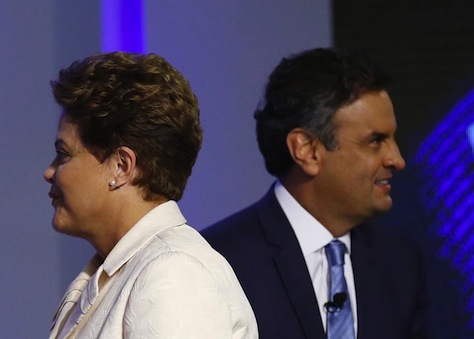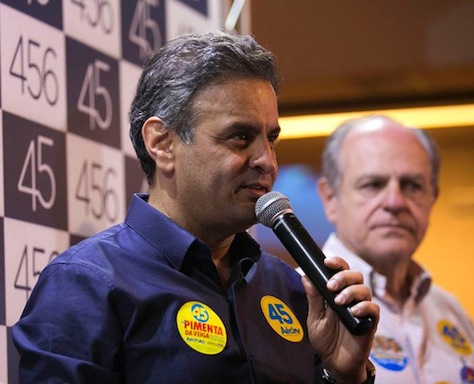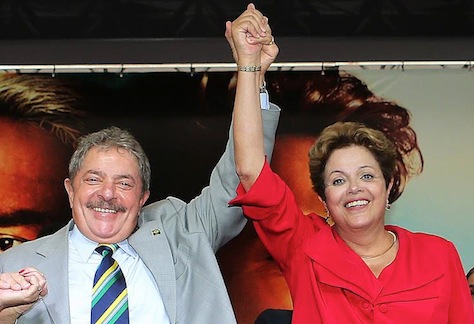
As Brazil’s congress votes on president Dilma Rousseff’s impeachment today, it’s not the first time that the Câmara dos Deputados (Chamber of Deputies) will consider a president’s impeachment.![]()
It’s not even the first impeachment since the return of civilian, democratic rule in the 1980s.
Before Rousseff, there was Fernando Collor de Mello, who was impeached nearly a quarter-century ago, and who resigned a day before a formal vote to remove him from office.
Commentators ruefully said during Collor’s impeachment crisis that the process showed Brazil’s institutions, from its media to its judiciary, were robust enough to stop impunity in a newly democratic Brazil, even when corruption went all the way to the presidential palace.
But as Operation Car Wash wreaks havoc on the entire spectrum of Brazilian politics, and commentators are saying the same thing today, the corruption within the Collor administration now seems quaint compared to the current scandal, which involves massive kickbacks from Petróleo Brasileiro SA, the state oil company, to hundreds of politicians within many Brazilian parties.
If anything, the lessons of the Collor impeachment viewed in the context of the current Petrobras scandal — informally nicknamed , ‘petrolão’ (the ‘big oily’) — show just how tenacious the roots of corruption are in Brazil, as much today as 20 or 30 years ago. Continue reading Collor faced Brazilian impeachment crucible 25 years before Dilma





